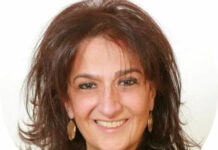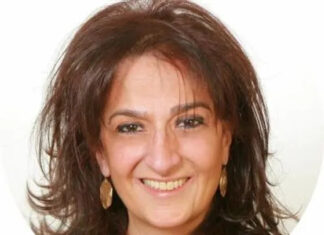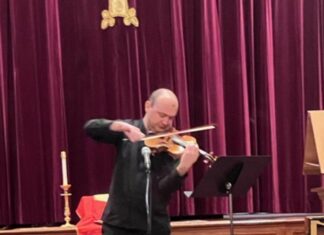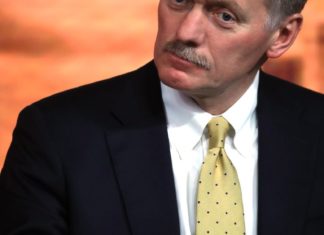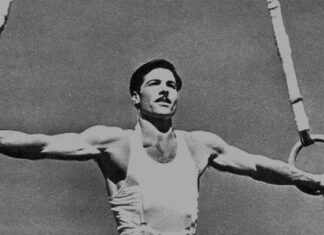By Florence Avakian
Special to the Mirror-Spectator
NEW YORK — Dr. Vaughan Turekian, science and technology advisor to US Secretary of State John Kerry, attended an all-day forum at the United Nations on Monday June 6, on “Science, Technology and Development for Sustainable Development Goals.” The focus of the event was to discuss the ways these goals can be made available to the millions around the world who are in desperate need of these resources.
In an interview following a UN press conference, Turekian, 44, explained that his father, Dr. Karl Turekian, an eminent and well-known professor of geochemistry for 57 years at Yale University, and a member of the US Academy of Sciences, instilled in him as a youngster that science was “part of the global enterprise. My father studied things like the processes that led to the transport of air from one place to another. Science was his laboratory. And that was part of my academic background.”
Growing up, Vaughan Turekian saw prominent names that came from all over the world. “I thought Turekian was a normal name. I would go to my father’s laboratory and see that science was something that brought people together. The laboratory was a microcosm of a global community and that was very important to me as I grew up. When you understand what’s going on in the world, you have a better understanding of who you are in the world.
Before achieving this covetous position, Turekian, who graduated from Yale University (1993) with a BS in geology and earth science, and from the University of Virginia (2000) with a PhD in philosophy, was the Chief International Officer for the American Association for Advancement of Science, and the director of its Center for Scientific Diplomacy from 2006 to 2015, publishing several articles on international scientific policy.




